Businesses spend a lot of time and money on marketing to attract new customers and to retain existing ones.
They research the culture of the business, work out their brand identity and recruit people who have great technical skills.
Marketing teams use informative websites and a variety of other tools to hook their audience. And did you know that it can take seven attempts on average to persuade customers to answer a call to action?
So it is a shame if all those efforts are wasted when a customer who is ready to buy makes that call but the person on the other end of the phone has bad telephone skills. A similar problem arises when the customer is confronted with an out of office voice message which sounds flat, lacking in energy, enthusiasm and quality. Instead of leaving a message on that voicemail the potential customer may decide to phone a competitor instead.
Some say to me that the customer wants to hear a natural speaking voice and speak with a real person, so what is the fuss about? The reality is that our ears are attuned to perceive natural as that which would be used by a commercial radio presenter, BBC radio or TV announcer. If you have ever listened to an amateur podcast in comparison to a BBC radio show there is usually a huge difference in style. And that is not a criticism of the podcaster. But to most customers the professional version of natural is more appealing.
Here are a few tips to help. Did you know that if you smile when you speak on the phone or your voice recording this affects the tone? Even if the listener cannot see you this will create a positive impression, even if you are handling a complaint or having a difficult conversation with a customer. Bizarrely if you smile when you are typing up written communications you will have more energy and are more likely to use positive language.
And if you learn to vary the pace and pitch of your vocal delivery you will sound more interesting and hold the attention of your listener for longer periods. This will give you a better opportunity to deliver important information and help to win that customer’s instruction. We are all guilty at times of speaking too quickly at times, particularly if we are nervous. So slow down the pace, particularly when delivering important information you want your customer to hear first time around. This may include a phone number, web or email address.
The use of scripts can be helpful too. By learning and practicing passages you repeat regularly you are less likely to stumble over technical language and will sound more fluent and confident on both your phone conversations and voice recordings. You will be more convincing to your audience that you are an expert in your field.
At Tallboy Performing Arts we believe that the communication skills actors learn are transferable and can be used in training by business professionals in all work sectors. Business professionals have great technical knowledge. They have, in the case of many individuals, spent years learning their craft. But sometimes those who are experts in their chosen field do not have communication, and in particular telephone skills, to match. So training people on a one to one basis or in workshops how to prepare and perform can be beneficial.
Training can include helping people overcome performance anxiety associated with client communication using guided meditation. By learning good preparation techniques, such as warming up their voices, use their full vocal range effectively and learning to vary the speed of their vocal delivery, these techniques help improve how people sound. In addition, by learning how to write, and memorise, rehearse and perform using scripts like actors, the words become second nature and are delivered in a more convincing and natural way to their audiences.
If you would Iike more information about any of the above please contact us.
Steven McDonald

